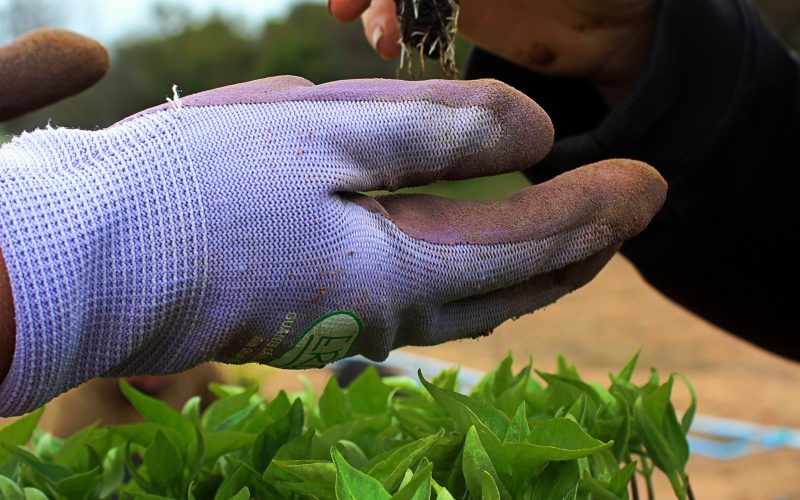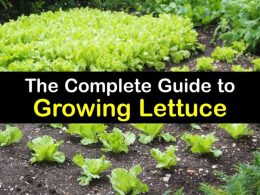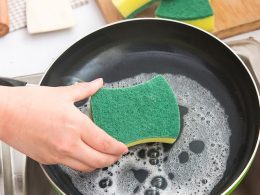Gardening is a rewarding and fulfilling activity that can provide a sense of accomplishment and satisfaction. However, not all plants and seeds are created equal, and choosing the right ones can make all the difference in achieving organic success. In this article, we will explore the importance of selecting the right plants and seeds for your garden and provide tips on how to do so with intention.
Understanding Your Garden’s Needs
Before selecting plants and seeds, it’s important to understand your garden’s needs. Factors such as soil type, sunlight exposure, and climate can all impact the success of your garden. Take the time to assess your garden’s conditions and research which plants and seeds are best suited for your specific environment.
Choosing Organic Seeds
When selecting seeds, it’s important to choose organic options. Organic seeds are grown without the use of synthetic pesticides and fertilizers, ensuring that your garden is free from harmful chemicals. Additionally, organic seeds are often more resilient and better adapted to local growing conditions, making them a better choice for organic success.
Selecting Heirloom Varieties
Heirloom varieties are plants that have been passed down through generations and are often prized for their unique flavors, colors, and textures. These varieties are often more diverse and resilient than modern hybrids, making them a great choice for organic gardening. Additionally, by growing heirloom varieties, you are helping to preserve genetic diversity and protect against the loss of important plant species.
Consider Companion Planting
Companion planting is the practice of planting different species of plants together in order to benefit each other. For example, planting marigolds alongside tomatoes can help to repel pests and improve soil health. By considering companion planting when selecting plants and seeds, you can create a more diverse and resilient garden that is better equipped to thrive organically.
Researching Seed Sources
When selecting seeds, it’s important to research your seed sources. Look for reputable companies that specialize in organic and heirloom varieties. Additionally, consider purchasing seeds from local sources, as these seeds are often better adapted to your specific growing conditions.
In Conclusion
By choosing the right plants and seeds for your garden with intention, you can create a thriving organic garden that is both rewarding and sustainable. Take the time to understand your garden’s needs, choose organic and heirloom varieties, consider companion planting, and research your seed sources. With these tips in mind, you can grow a garden that is both beautiful and beneficial for the environment.












